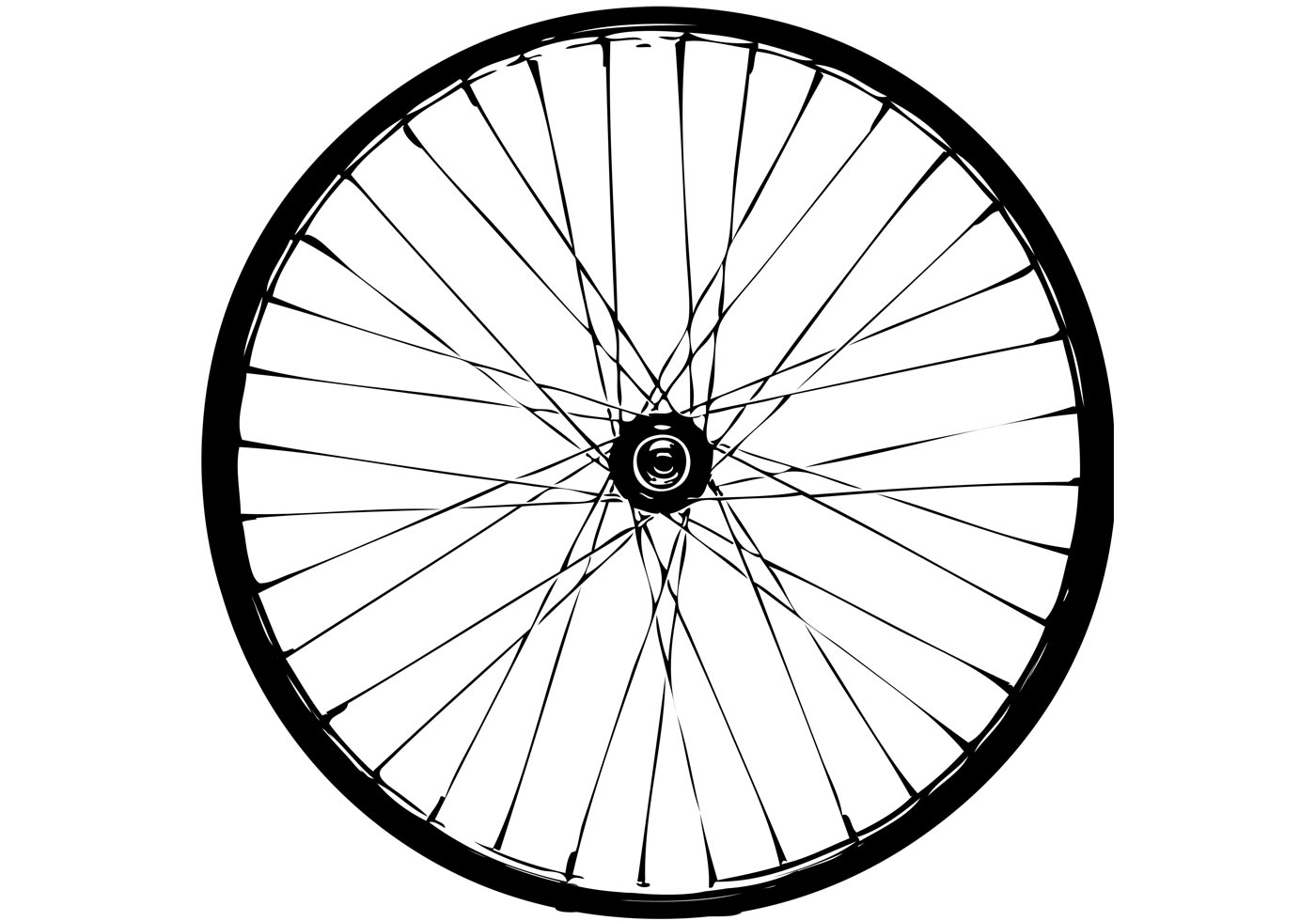The Benefits of Being Silly
This may surprise some of you, but I have been a silly person all my life. It has been a big advantage, including winning raves blowing up balloons with my nose at our children’s birthday parties.
I thought of silliness when watching a Stephen Colbert monologue recently that focused solely on politics. Although I agree with their political perspectives, today’s late-night talk show hosts aren’t as silly as they used to be. Think of Johnny Carson’s characters such as Carnac the Magnificent.
When I say “silly,” I don’t mean a dullard – “he’s a silly person” – although some may rightly think that of me. I mean having fun with language, circumstances, peccadillos, and foibles. I love the Merriam-Webster definition, “playfully lighthearted and amusing.”
I got silliness from my mother and siblings. We were hardly ever serious. My mother loved silly humor (except during the sacred 30 minutes of “supper”). When I got older, my phone calls with her were silly – character voices, situational jokes, puns. No knock-knock jokes or “dad jokes;” we just didn’t take anything seriously unless it was really serious.
Carnac in 1981: “Sis, boom, bah. Describe the sound made when a sheep explodes.”
During these conversations, Mom would direct me to “tell me about your birthday.” I’d respond that she was there, but I’d be happy to describe it for her. In a documentary narrator’s voice, I’d say, “It all happened in a little hospital on a hill on an Easter Sunday in 1960…” (I was born on Easter.)
Our silliness was a salve when my mother got sick, even when she was in hospice. On her last day on earth, we joked like it was any other day. Our silliness was our language of love for one another.
Being silly also has been helpful in my professional life. I can write excellent “roast” jokes when allowed latitude to be edgy. However, you must know when and when not to be silly. At a GE holiday party for the news media, I joked about NBC’s last-place prime-time TV lineup (GE owned NBC at the time). It was funny, but not to the NBC execs in the room. My phone rang early the next morning.
Nonetheless, I persisted with my silliness.
At a dinner at George Washington’s home, Mount Vernon, the head of the historic site gave a speech lamenting Americans’ ignorance of history. As the emcee, I returned to the lectern when he finished. The room was quiet and serious. I somberly said I agreed with his commentary, adding, “Here we are at Mt. Vernon, the home of George Washington. Imagine how history would have changed had he not been assassinated by John Wilkes Booth.”
It got a big laugh. I hadn’t planned it. I was just in a silly mood.
One of my usual silly comments is when I am introduced at a speaking engagement, I say to the person who introduced me, “Thank you, John, that was a very, very…short introduction. There is so much more you could have said about me. I thought we had agreed on the word, ‘genius.’”
Childish? yes. Funny? I think so.
To demonstrate the vapidity of PowerPoint slides to GE executives, I used a silly slide that I said I was going to give to my wife for Valentine’s Day instead of a card. The slide ended with a cliche business takeaway: “Our Partnership Remains Strong.” I still have people tell me how much that slide helped them think about their style of communications.
These are grim times that require serious-minded reflection about who we are and what we aspire to be. Political acrimony saturates nearly every discussion. Perhaps being silly will help us get closer to one another – to laugh, to escape reality briefly, and to diminish the anger that pervades public discussions.
Silliness can be an icebreaker, a bridge, an olive branch, a connection. Here’s to being silly in the serious days ahead.

